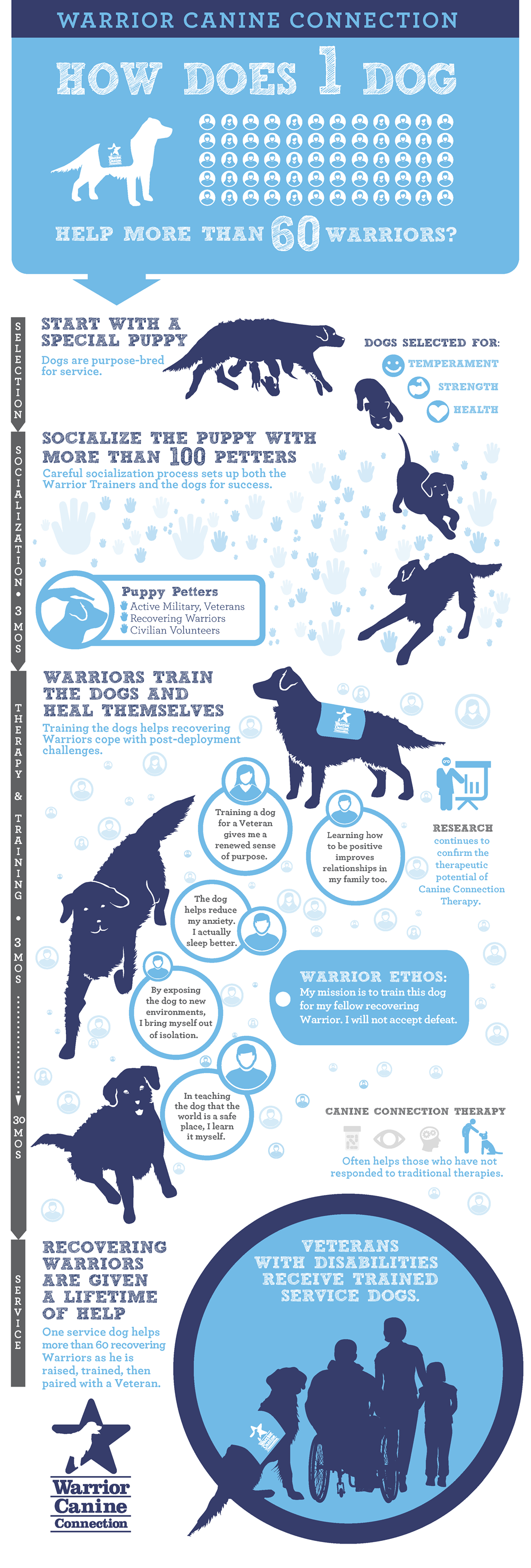What Happens If Dog Fights At Daycare
What Happens If Dog Fights At Daycare
Blog Article
Can Pet Daycare Cause Health Problem?
Pets in day care get lots of workout, socializing with other dogs and one-of-a-kind experiences. This can be especially valuable for puppies and dogs with behavior problems.
There are numerous lawful considerations you need to consider when beginning a dog childcare business. These include the structure of your organization and compliance with government regulations.
1. Dog Distemper
Canine distemper is spread via straight contact with the physical fluids and waste of an infected pet dog, however it can additionally be sent using shared water and food bowls or through airborne droplets. This extremely infectious disease is most hazardous for young puppies, however it can influence pets of any kind of age and is fatal for most if left neglected.
Preliminary signs of canine distemper commonly simulate an acute rhinitis, consisting of dripping eyes and nose with watery or pus-like discharge. As the condition proceeds, a pet will certainly create high temperature, coughing, reduced appetite, vomiting and diarrhea. The virus can also attack the nervous system, resulting in seizures, twitching and partial or full paralysis.
Reliable daycares reduce exposure to infection by calling for inoculations, regular health examinations and adhere to rigorous health procedures. If your puppy seems overly exhausted or limping, a day of rest may aid him recoup, however you ought to avoid taking him back to daycare till these signs and symptoms improve.
2. Kennel Cough
Kennel cough, also called transmittable canine tracheobronchitis or Bordetella, is an extremely infectious viral or bacterial disease that influences the breathing tract. It's commonly moved via the exchange of saliva or air droplets that a sick pet breathes out. Social canines are at greater threat for infection because of their frequent interaction with each other, such as when they play, share food or water, sniff one another or merely satisfy in a congested environment like a dog park or childcare.
The most common signs and symptom of kennel cough is a persistent and strong cough that sounds like something embeded the throat or retching. Commonly, canines will divulge foamy white phlegm. If left neglected, a canine can develop pneumonia and go to severe risk for life.
A reputable childcare facility should have rigorous cleaning and sanitation methods, sanitize all playthings, food and water bowls frequently, and be open about their inoculation plans. Keeping your pet as much as date on their inoculations, specifically for bordetella and canine flu, will considerably decrease their chances of getting the disease.
3. Parvovirus
Canine parvovirus, or parvo, is a very infectious viral illness that can be dangerous for puppies and young person canines with inadequate immune systems. It's most commonly spread out by direct contact with infected canine feces-- which can happen when pet dogs sniff, lick, or preference infected feces-- and indirectly from contaminated individuals, objects, or atmospheres (like kennels, grooming areas and yards). Puppies and pets without total vaccination backgrounds are particularly susceptible to parvo.
The infection is very resilient, enduring in the atmosphere for as much as nine years, and can quickly be transferred in between pet dogs by get in touch with via feces or on shoes, clothing, and bed linens polluted with parvovirus. If not dealt with promptly with IV fluids, electrolyte balance, throwing up control medicines and anti-biotics to avoid secondary microbial infections, a canine will rapidly dry out and establish extreme looseness of the bowels, which results in shock and blood poisoning. Parvo is tough to treat once a pet has become ill, however with suitable vet care, many pups do survive this illness.
4. Pooch Influenza
Pooch influenza infection is extremely contagious and spreads via direct contact, sharing food and water bowls, licking or nuzzling various other pet dogs, with airborne droplets, and through contaminated surface areas. Inoculation works in decreasing the risk of infection and outbreaks.
Most affected dogs create a light breathing infection with a cough that lasts 1-3 weeks. They may also have nasal and eye discharge, sneezing, and sleepiness. Several of one of the most severe situations lead to pneumonia and a high fever.
If your pet dog displays any of these symptoms, do not bring them back to daycare until they are healthy and balanced. If your pet dog is showing signs of extreme exhaustion or hopping, speak to your vet immediately and make sure they get on health supplements to assist build their immunity. A vet will certainly evaluate your dog for signs and symptoms of the influenza by taking a sample from the nose or throat, and dog daycares hiring near me blood tests can be done to validate.